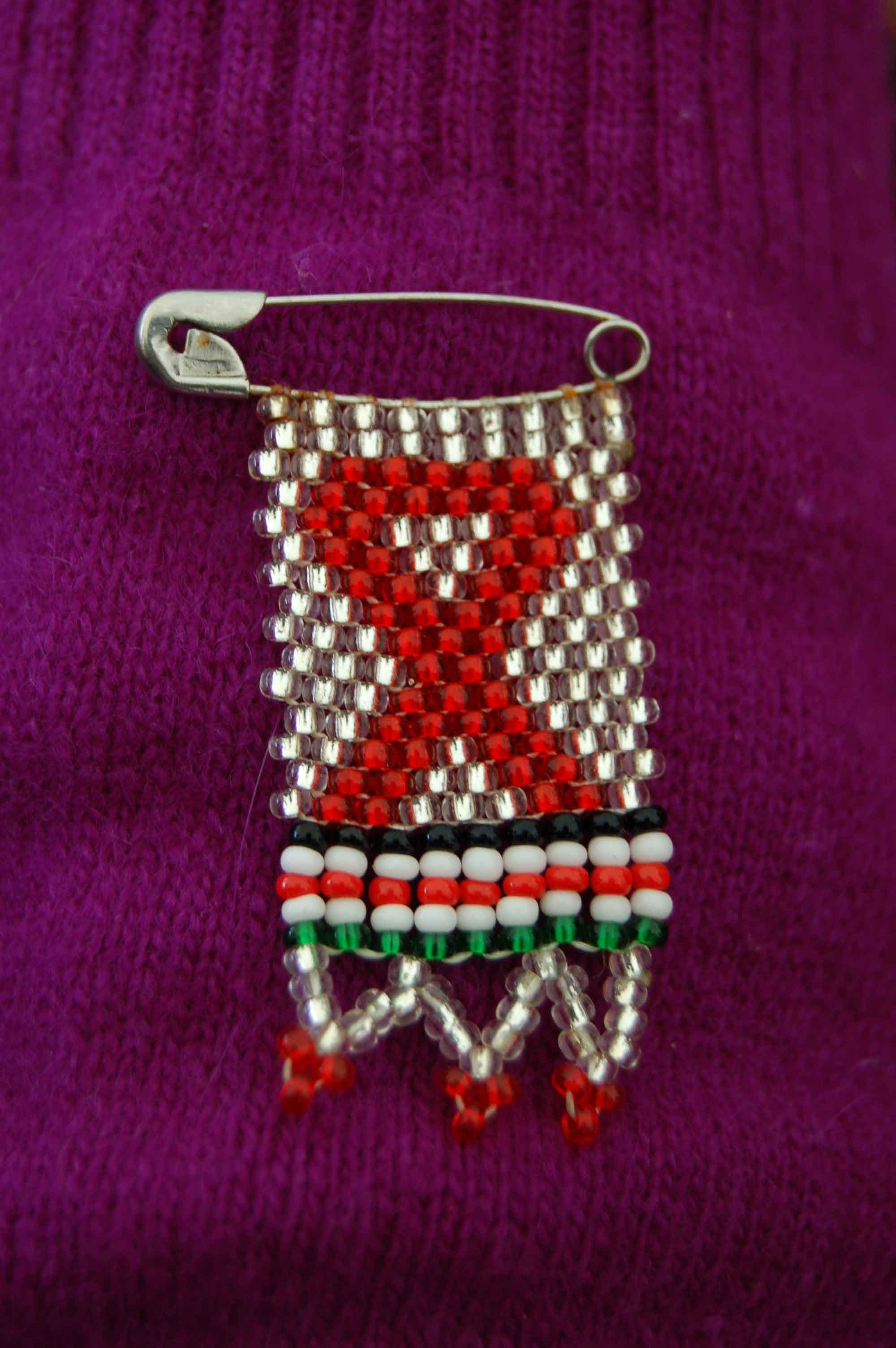The survey, conducted by the Swaziland Network for People Living with HIV/AIDS (SWANEPHA), found that nearly half (45 percent) of Swazis who know they are HIV-positive refuse to go to clinics to receive ARVs for fear of being identified as having the virus.
“They do nothing. They don’t go for antiretroviral therapy,” said Thembi Nkambule, director of SWANEPHA, an umbrella organization incorporating local and national HIV/AIDS support groups. Instead, they hide their “shame” and wait till they are at an advanced stage of the disease, she added.
HIV-positive SWANEPHA members talked to 1,233 HIV-positive Swazis and produced a detailed depiction of life for an HIV-person in a country which has the world’s highest HIV prevalence rate. Although 25.9 percent of the population is HIV-positive, the survey found deep-rooted prejudice against people with the virus.
The People Living with HIV Stigma Index aims to collect information about the experiences of people living with HIV related to stigma, discrimination and their rights.
“We have gone beyond telling our stories and are producing hard evidence,” said Thembi Nkambule.
Swaziland has successfully reached its national target of providing ARV prophylaxis to 90 percent of pregnant women living with HIV. In 2011, 94.5 percent of HIV-positive pregnant women were given prophylactic ARVs to reduce the risk of mother-to-child transmission of HIV, according to government figures.
But the study found that 13 percent of HIV-positive women were advised by “healthcare professionals” not to have children. In addition, 3 percent of the women participants reported that doctors, nurses and health advisers had “coerced” them to undergo sterilization.
Excluded
According to the Stigma Index, 11 percent of HIV-positive people are regularly excluded from family activities; while 9 percent are prevented from attending social gatherings such as weddings and funerals.
“I told my family I was HIV-positive because I wanted their support. My parents are dead but one sister and her husband offered support. But I was told by an aunt that I must not dare attend the funeral of her husband, who was one of my uncles, because it is taboo for a dying person to go to a funeral. I was very upset and I insisted that I am not dying. She shouted at me that she wished I were dead because I brought AIDS to the family,” Cynthia Ngomezulu, a store clerk in Manzini, told IRIN/PlusNews.
More than two-thirds of Swazis reside on communal Swazi nation land, where traditional life is lived under the rule of chiefs, and community meetings allow for the Swazi custom of local development through consensus. However, about 15 percent of HIV-positive respondents in the survey reported that they are denied the right to speak at community gatherings because of their HIV status.
Thab’sile Dlamini, an HIV testing and counselling officer in Manzini, blamed a fearful national leadership which clings to “a 1980s view of AIDS” for not leading the battle against discrimination.
The silence of the traditional leadership and top government officials against discrimination towards HIV-positive people was tacitly encouraging stigma, she said.
“How else can you explain traditional leaders who run the rural areas where 70 percent of Swazis live, allowing HIV-positive people to be kicked out of community projects and not allow their voices to be heard at community meetings?” she said.
“There is no longer any doubt why Swazis are reluctant to test for HIV. They do not wish to have it known they may be HIV-positive, even if knowledge of their condition means they can get treatment and live normal lives instead of dying in agony from an AIDS-related illness,” Dlamini added.
jh/kn/cb
This article was produced by IRIN News while it was part of the United Nations Office for the Coordination of Humanitarian Affairs. Please send queries on copyright or liability to the UN. For more information: https://shop.un.org/rights-permissions
